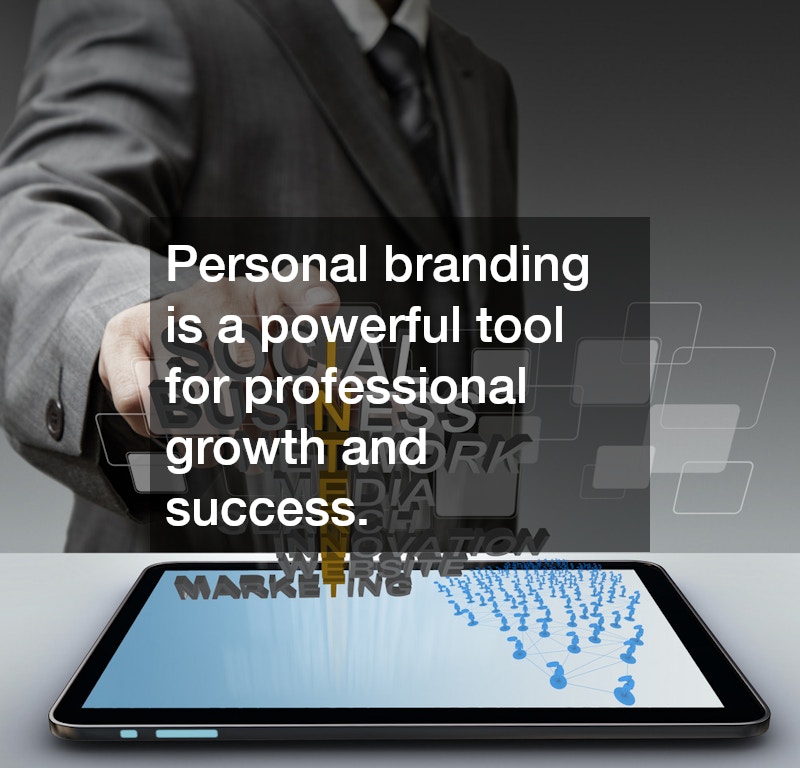
Personal branding has become a vital tool for professionals, entrepreneurs, and leaders who want to stand out in today’s competitive landscape. Your personal brand reflects your values, expertise, and unique qualities, making it the cornerstone of your professional identity. To gain insights and actionable strategies, many turn to a personal branding speaker for guidance. Here’s your ultimate guide to personal branding and how you can craft a memorable and impactful presence.
What Is Personal Branding?
Personal branding is the process of defining and promoting your unique qualities, skills, and values to shape how others perceive you. It’s not just about creating a polished online profile; it’s about authentically presenting yourself across all touchpoints, whether in-person, online, or through your work.
A strong personal brand helps you build trust, showcase expertise, and connect with your target audience. It positions you as a leader in your field, opening doors to new opportunities and helping you achieve your professional goals.
Why Is Personal Branding Important?
In an increasingly digital world, your personal brand serves as your reputation. Whether you’re networking on LinkedIn, speaking at conferences, or building a business, people will often research your online presence before engaging with you. A well-defined personal brand ensures that what they find aligns with your professional goals and values.
A personal branding speaker often emphasizes that a strong brand can help you:
- Differentiate yourself from competitors
- Build credibility and trust
- Attract new opportunities, such as clients, jobs, or speaking engagements
- Establish a loyal following
- Enhance your influence and authority in your industry
Steps to Build a Powerful Personal Brand
Define Your Goals and Values
The first step in personal branding is understanding what you want to achieve. Are you looking to advance your career, grow a business, or become a thought leader? Identifying your goals will guide your branding efforts.
Equally important is defining your core values. These values form the foundation of your brand and help ensure your messaging is authentic and consistent. For example, if one of your values is transparency, your communication style and content should reflect that.
Identify Your Target Audience
Knowing who you want to reach is essential for effective personal branding. Your target audience could include potential clients, employers, industry peers, or even the general public. Understanding their needs and preferences allows you to tailor your messaging and establish meaningful connections.
Highlight Your Unique Value Proposition
What sets you apart from others in your field? This is your unique value proposition (UVP). It could be a combination of skills, experiences, or perspectives that make you stand out. Clearly communicating your UVP ensures that people remember you and understand the value you bring.
A personal branding speaker often advises focusing on your UVP when crafting content, whether it’s on social media, your website, or during public appearances.
Build a Strong Online Presence
In today’s digital age, your online presence is a key component of your personal brand. Here’s how to build and maintain it effectively:
- Optimize Your LinkedIn Profile: Use a professional photo, craft a compelling headline, and write a summary that highlights your UVP and career achievements.
- Create Valuable Content: Share blog posts, videos, or social media updates that showcase your expertise and engage your audience.
- Leverage Social Media Platforms: Choose platforms where your target audience is most active and share content consistently.
- Develop a Personal Website: A well-designed website acts as a central hub for your brand, featuring your portfolio, achievements, and contact information.
Master Public Speaking and Communication
Public speaking is a powerful way to establish authority and grow your personal brand. Becoming a confident speaker allows you to share your knowledge and connect with larger audiences. Hiring a personal branding speaker or attending their workshops can provide invaluable tips on honing your presentation skills and crafting impactful messages.
Effective communication extends beyond public speaking. Ensure your written and verbal interactions reflect your brand, whether you’re networking, emailing, or engaging on social media.
Network Strategically
Building relationships is essential for personal branding. Attend industry events, join professional associations, and connect with others in your field to expand your network. Authentic connections can lead to collaborations, mentorships, and other opportunities that enhance your brand.
Monitor and Adjust Your Brand
Your personal brand is not static; it evolves as you grow professionally. Regularly assess your brand to ensure it aligns with your goals and audience. Monitor how others perceive you by tracking engagement on your content and soliciting feedback from trusted peers.
How a Personal Branding Speaker Can Help
A personal branding speaker is a professional who specializes in teaching individuals how to craft and promote their personal brand effectively. They bring expertise, actionable strategies, and real-world examples to help you navigate the complexities of personal branding.
Here’s how working with a personal branding speaker can benefit you:
- Expert Insights: They provide industry-specific tips and strategies tailored to your goals.
- Confidence Building: Public speaking tips and personal branding exercises help you present yourself authentically and confidently.
- Inspiration and Motivation: Their success stories and proven methods inspire you to take actionable steps toward building your brand.
- Practical Guidance: From optimizing your online presence to developing a content strategy, they offer hands-on advice that yields results.
Common Mistakes to Avoid
Even with a clear strategy, personal branding missteps can undermine your efforts. Avoid these common pitfalls:
- Inconsistency: Ensure your messaging, tone, and visuals are consistent across all platforms.
- Neglecting Authenticity: Trying to imitate others rather than showcasing your genuine self can make your brand feel disingenuous.
- Ignoring Feedback: Constructive criticism from peers or your audience is valuable for refining your brand.
- Overlooking Online Reputation: Regularly update your profiles and monitor your digital footprint to ensure it aligns with your goals.
Personal branding is a powerful tool for professional growth and success. By defining your unique value, building a strong online presence, and mastering communication, you can create a brand that resonates with your audience and reflects your goals. Working with a personal branding speaker can accelerate this process, providing the insights and strategies needed to craft a compelling and authentic presence. Whether you’re advancing your career or establishing yourself as a leader, investing in personal branding is a step toward achieving your aspirations.
.




